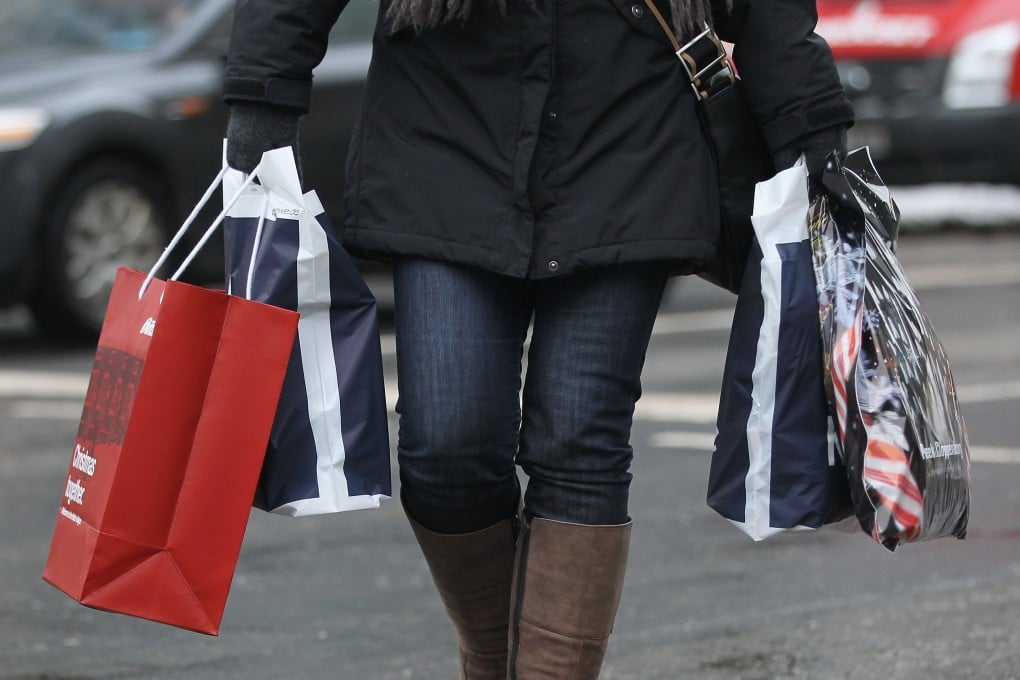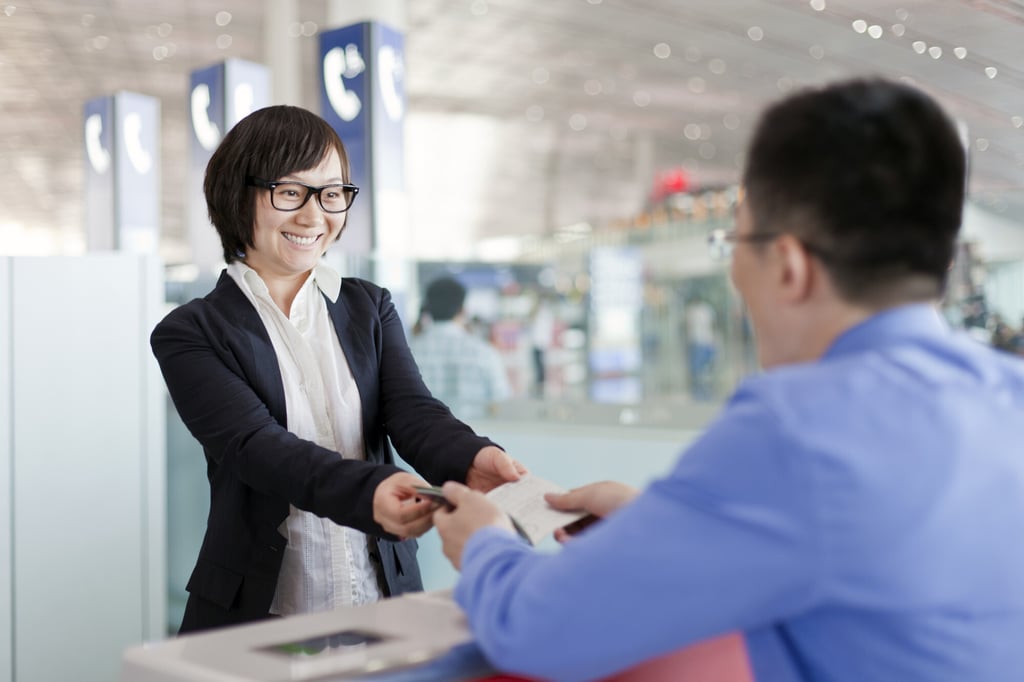The truth about retail therapy: if money is tight it won’t make you as happy as you think it will
- Can money buy happiness? People with limited resources or under financial stress get less satisfaction out of treating themselves, a study shows
- They may revisit their purchase and think about what else they could have done with that money, say researchers

If you need a boost and think buying yourself a treat will make you feel better – some so-called “retail therapy” – then think again. New research shows people derive less “purchase happiness” when they feel financial stress and they also leave worse reviews.
The study by Duke University in the United States looked at all income levels and its findings were consistent across the board. Whether people bought a material object or an experience, those who perceived themselves to have financial pressure experienced less satisfaction from the purchase. This ranged from purchases costing from US$100 up to US$1,000.
“People who are financially constrained are more likely to buy things to improve their happiness, but our research shows what happens is precisely the opposite,” said researcher Rodrigo Dias.
The findings, which attempt to answer some of the questions around the link between wealth and happiness, have been published in the Journal of Consumer Research.

China currently ranks fairly average in the world’s happiness league table. According to the United Nations World Happiness Report, between 2013 and 2020 the average happiness rating in China was 5.34 out of 10. This was slightly below the world average of 5.51. China ranked 92 out of 150 countries, with Finland, Denmark and other European countries taking the top spots.